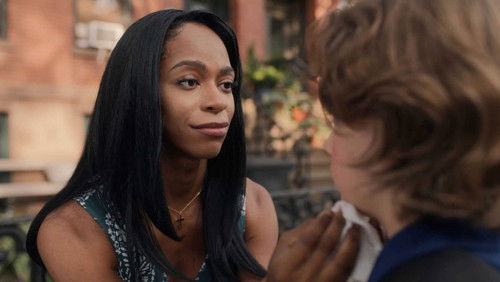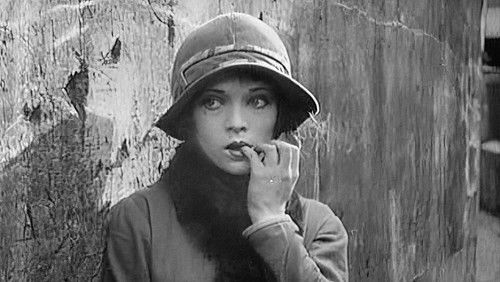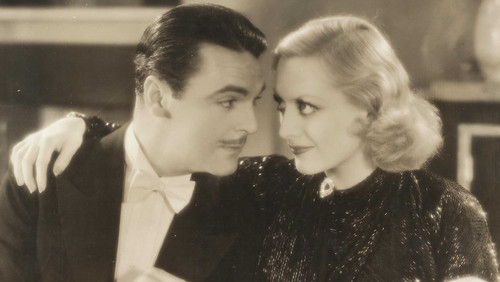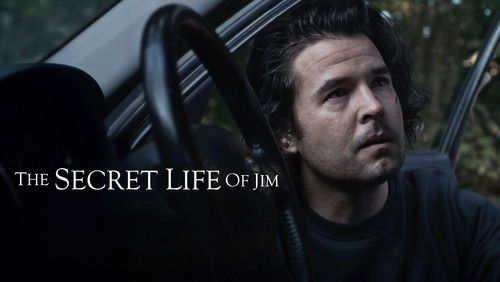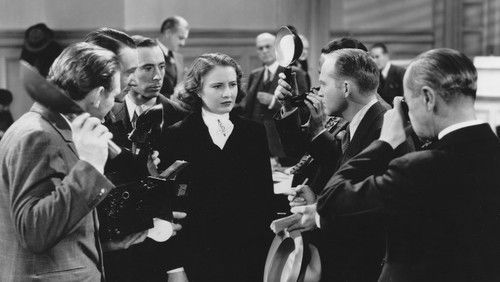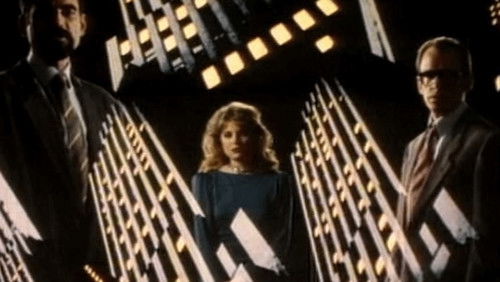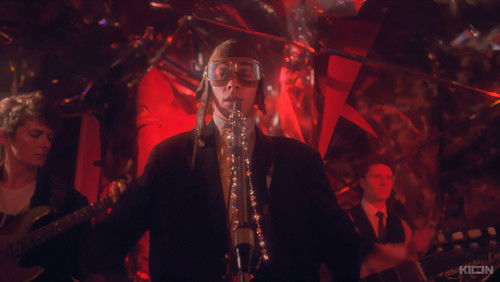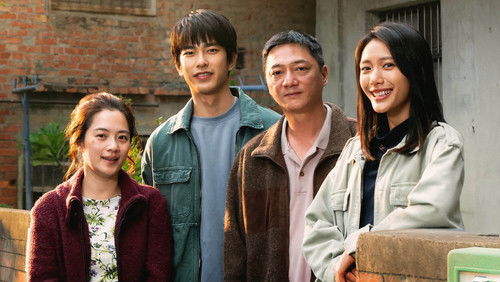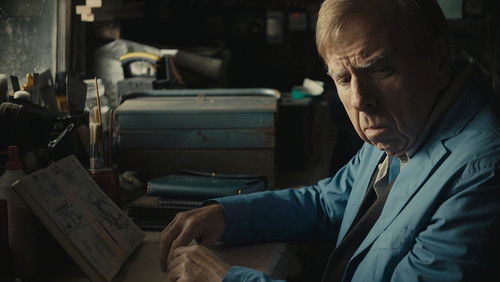The Good Girl (2002)
42KThe Good Girl: Directed by Miguel Arteta. With Jennifer Aniston, Deborah Rush, Mike White, John Carroll Lynch. A discount store clerk strikes up an affair with a stock boy who considers himself the incarnation of Holden Caulfield.
“One of the risks of starring in a highly successful TV series is that of becoming forever typecast in similar roles. An example was u0026quot;Six Days, Seven Nightsu0026quot; in which David Schwimmer essentially played Ross from u0026quot;Friendsu0026quot; under another name. In u0026quot;The Good Girlu0026quot;, Schwimmeru0026#39;s co-star Jennifer Aniston appears to be trying to escape this trap by getting as far away as she can from her yuppie-chick Rachel character. She plays Justine, a thirty-something checkout clerk in a downmarket small-town supermarket. We learn that seven years earlier Justine had the opportunity to go to college, but turned it down for fear of losing her boyfriend Phil. This was a bad move. Phil, now Justineu0026#39;s husband, is a dull, boorish slob who, when not working as a painter, spends all his time with his good friend Bubba watching TV or getting stoned. (The name Bubba seems to be cinematic shorthand for u0026quot;redneck poor white trashu0026quot;). Phil and Bubbau0026#39;s one gesture in the direction of unconventionality is that their drug of choice is an illegal one (cannabis) rather than the more socially acceptable alcohol.u003cbr/u003eu003cbr/u003eIt is a stock Hollywood cliché that life is only worth living if one has the good fortune to live in a major city on Americau0026#39;s East or West coast. The Middle American small town, even if it appears happy and tranquil at first sight, is generally portrayed as a pretty hellish place to live, and the Texas town where Justine lives does not even bother trying to hide its hellishness behind a façade of happiness and tranquillity. Yet, even though the main characteristic of life in the town seems to be a soul-destroying dullness, the only people who are seriously discontented with their lot are Justine and her workmate Holden Worther, a young man in his early twenties.u003cbr/u003eu003cbr/u003eHoldenu0026#39;s real name (or, as he puts it, his u0026quot;slave nameu0026quot;) is Tom, but he has renamed himself after the hero of u0026quot;Catcher in the Ryeu0026quot;. That should have been a clue to his real character, but Justine has presumably never read Salingeru0026#39;s novel and so misses this obvious danger signal. Holden is a geeky loner, obsessed with the idea that he is misunderstood by an uncaring society. He sees the equally malcontent Justine as a kindred spirit and the two embark on an affair. From Justineu0026#39;s point of view, this proves to be an even worse move than her marriage to Phil, as Holden is not only possessive but also mentally unbalanced. Worse still, their affair is discovered by Bubba, who has long cherished an unrequited lust for Justine and takes the opportunity to blackmail her into sleeping with him. Justine begins to wonder whether she might not be better off with Phil after all; he may be a slob, but he is, basically, a decent-hearted slob. He is one of the few major characters in this film who never does anything spiteful or mean-minded.u003cbr/u003eu003cbr/u003eThe film does not take its subject-matter altogether seriously, but for most of the time its overall tone is not so much one of humour- not even black humour- but what might best be described as ironical distancing. There are, however, some effective pieces of satire. Cheryl, another of Justineu0026#39;s colleagues, uses the supermarketu0026#39;s public address system to insult customers, generally without them noticing. A vegetarian health-food zealot dies of food poisoning after eating contaminated blackberries. A fire-and-brimstone Christian fundamentalist turns out to be a hypocrite and a creepy pervert. (Actually, that last one is probably not satire, just Hollywoodu0026#39;s standard view of conservative Christianity).u003cbr/u003eu003cbr/u003eAniston is reasonably good as Justine, although I did not think her performance merited an Oscar nomination, as some have suggested. Most of the other actors turn in good performances, within the limits of the one-dimensional way in which most of the characters are written. The filmu0026#39;s main drawback is that, like a number of satires aimed at small-town America, it tends to stereotype and patronise its subjects. It seems to be written from the standpoint that Holden and Justine are to be pitied because they are so miserable at having to live in such a godforsaken place and that all the other townspeople are to be pitied because they are so stupid that they do not realise how miserable they are. (It must be said, however, that u0026quot;The Good Girlu0026quot; is far from being the worst offender in this respect- that probably being the crude and ill-natured u0026quot;Drop Dead Gorgeousu0026quot;). It seems to be aiming to do for rural small towns what u0026quot;American Beautyu0026quot; did for suburbia, but lacks the spiritual insight or depth of meaning of the earlier film. 6/10”
